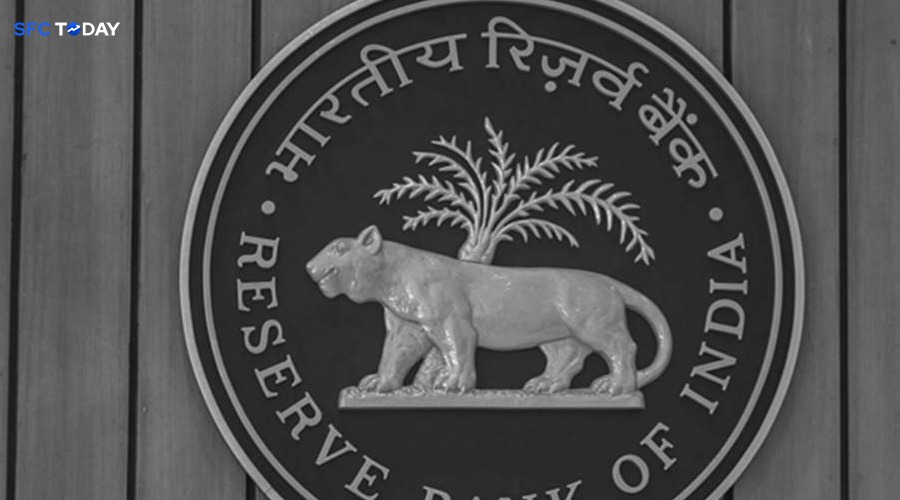India’s Securities Regulator and RBI Clash over cryptocurrency framework ahead of crucial policy decision
India’s crypto debate heats up as India’s Securities Regulator and RBI clash with government panels. The ongoing conflict highlights India’s financial and regulatory community’s ongoing struggle to agree on how to regulate the cryptocurrency space.
It is reported that the Securities and Exchange Board of India (SEBI) has taken a step forward by proposing that various regulatory bodies should regulate the crypto market, suggesting a shift towards a more open regulatory approach. But then there is the Reserve Bank of India (RBI). Will they allow it?
India’s Securities Regulator and RBI at Odds on Cryptocurrency
India’s Security Regulator proposes that different authorities regulate certain aspects of the crypto market. For example, insurance and pensions-related assets could be regulated by the Indian Reserve Institute of Deposit (IRDAI) and the Pakistan Federal Reserve Board (PFRDA).
Besides general supervision, SEBI sees itself as a regulator for ICOs and crypto, which are considered securities. Similar to the US, SEBI intends to issue licenses for crypto-related equity market products. The aim is to bring crypto assets into the mainstream financial system while providing proper oversight.
India’s markets regulator has proposed that several authorities should be responsible for regulating cryptocurrency trading, according to documents published by Reuters.
According to the documents, SEBI’s recommendation was made to a “government panel” that is responsible for formulating policy recommendations for the finance ministry, Reuters reported, adding that the panel could deliver its report by June.
Unlike SEBI, coming to the Reserve Bank of India (RBI) continues to advocate for a total ban on stablecoins while maintaining a moderate stance on private cryptocurrencies. According to a source close to the panel’s discussions, the RBI’s submissions highlighted the risks of decentralized P2P platforms operating voluntarily, which pose a macroeconomic threat and could lead to problems such as tax evasion and seigniorage losses.
RBI’s stance on cryptocurrencies follows its past practice, which began in 2018 when the central bank first banned financial institutions from interacting with crypto exchanges and users, a decision that the Supreme Court later overturned. Despite this, the RBI has urged banks to strictly follow stringent money laundering and forex guidelines to mitigate the risks posed by cryptocurrencies.
As the government commission that will decide on these recommendations inches closer to its final report, the clash between India’s Securities Regulator and RBI at odds on Cryptocurrency stance marks a historic turning point in India’s cryptocurrency regulatory saga.
When India held its G20 presidency last year, it demanded a global framework for regulating cryptocurrencies, signaling its understanding of the global implications and the need to move forward with a unified approach to crypto governance.
As the debate rages between India’s Securities Regulator and RBI on cryptocurrency regulations, the clock ticks down to June, India is on the brink of a regulatory juggernaut. Will the country finally embrace crypto, or will it finally kick the crypto can down the road?







